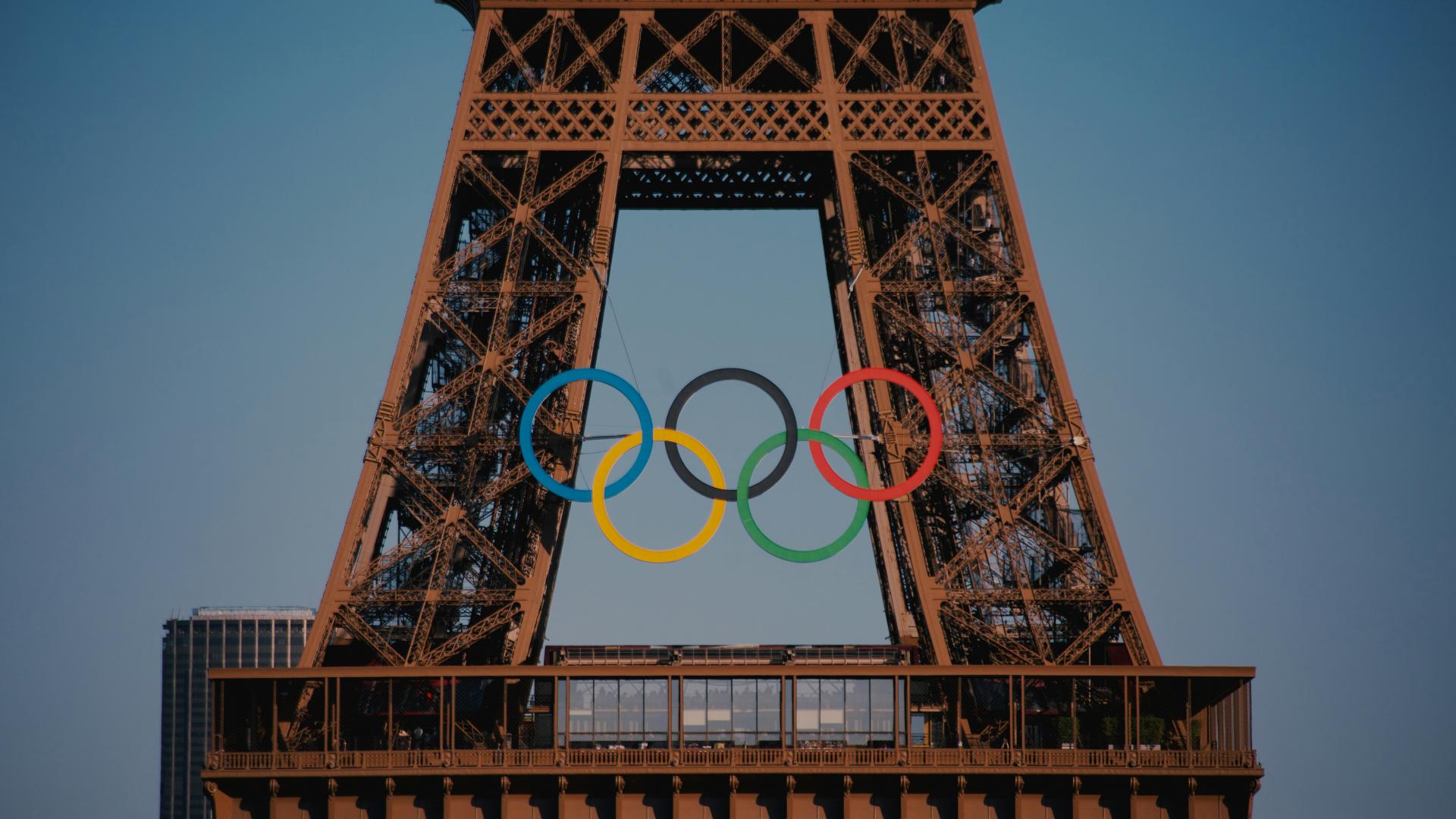Ben Roberts
Every four years, the public are invited to come together in a spirit of competition and camaraderie, and to become way too invested in sports that we’d forgotten existed since we saw them at the last Olympic Games (air pistol, who knew?).
But these games have long been more than just a display of athletic prowess; they have also served as a platform for host cities and athletes to promote social good and support charitable causes. A notable example is the London 2012 Olympics, where the legacy of the Games included a focus on community engagement and charity, promoting a culture of giving back.
The event's official charity, The London 2012 Charity (now called the Spirit of 2012), was established to ensure that the benefits of the Games would extend beyond sports. This charity focused on social cohesion, wellbeing, and participation in physical activities, continuing to fund projects long after the Games concluded. The London 2012 Games also saw athletes and the public engage in a variety of charitable activities, from fundraising events to community service projects. Additionally, the "Big Society" initiative promoted by the UK government was closely tied to the London Olympics. It aimed to use the energy and enthusiasm generated by the Games to encourage volunteering and civic engagement, which in turn supported various charitable organizations.
The Paris 2024 Olympics have been no exception to this legacy of promoting charitable engagement and community, with the International Olympic Committee (IOC) having pledged support to charitable organizations focused on health, education, and social inclusion as their focuses for this year.
Additionally, many UK athletes have aligned with specific charities, using their Olympic appearance as a platform for advocacy. By leverage the spotlight that the Games affords them, they’ve been able to raise funds and awareness for causes close to their hearts, aligning themselves either with wider causes or specific charities. The following examples are highlighted as our way of supporting the excellent use of these athlete’s platforms while they compete on the global stage. Well done to Team GB, and to those who have championed important causes and continue the legacy of charity and social responsibility that has been associated with the Olympics and British sport.
Adam Peaty (Swimming)
Adam Peaty has been a passionate advocate for mental health awareness, particularly after taking a break from competitive swimming in 2023 to focus on his own mental well-being. He supports charities such as Mind and has been involved in campaigns to reduce the stigma around mental health issues, using his platform to encourage others to seek help and support.
Tom Daley (Diving)
Tom Daley is a well-known advocate for LGBTQ+ rights and has supported several charities, including The Albert Kennedy Trust, which helps LGBTQ+ young people who are homeless or living in hostile environments. He has used his visibility as an Olympic champion to raise awareness and funds for these causes, particularly through his involvement in events and fundraising campaigns.
Sir Andy Murray (Tennis)
Andy Murray has been deeply involved in charitable work throughout his career. He co-founded Malaria No More UK and has been a long-time ambassador for the charity, using his profile to raise awareness and funds to combat malaria. Additionally, he has participated in various charity tennis matches and events to support multiple causes, including children's hospitals and cancer research.
Laura Muir (Athletics)
Laura Muir, an Olympic middle-distance runner, has been a vocal supporter of animal welfare charities, particularly Dogs Trust, an organization she has worked with closely. Muir, who is also a qualified veterinarian, often speaks about the importance of animal care and has participated in fundraising events to support this cause.
Dina Asher-Smith (Athletics)
Dina Asher-Smith, one of Britain's top sprinters, is an advocate for social justice and has supported various charities focused on education and empowerment. She has been involved in campaigns with Right to Play, which uses sports to educate and empower children facing adversity around the world. Dina’s involvement helps highlight the importance of education and sports in fostering positive change.
Well done to these incredible athletes, and to everyone who followed the games and took notice and gave support to these worthwhile causes. There’s no gold medal for philanthropy, but we’d have a good case for another Team GB win if there were.

